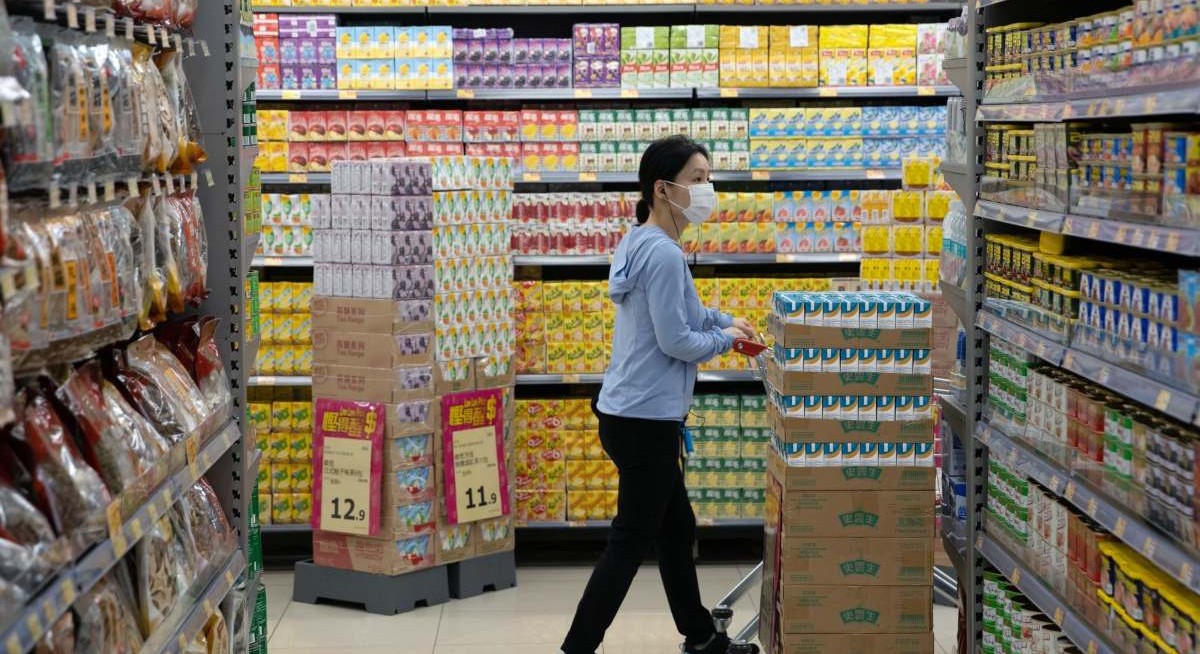DFI is a pan-Asian retailer, operating over 6,400 supermarkets, hypermarkets, health and beauty stores, convenience stores, home furnishing stores, and restaurants under well-known brand names in Hong Kong, Taiwan, China, Macau, Singapore, the Philippines, Cambodia, Brunei, Malaysia, Indonesia and Vietnam. Some of its brands include 7-11, Cold Storage Guardian, Mannings, Maxim’s and more.
Sim points to high elderly vaccination rates in Hong Kong to reduce hospitalisation rate. “In 1Q2022, the Omicron variant ravaged Hong Kong’s healthcare system due to low elderly vaccination rates. This has instilled much-needed fear to drive the elderly to get vaccinated. We believe the higher elderly vaccination rates (69% for those above 80 years old as of Nov 8) and increased count of Covid-19-dedicated hospital beds will prevent another capacity crunch and the need to reinstate Covid-19 restrictions.”
DFI’s associates are expected to bounce back strongly in FY2023 ending December, writes Sim. “The relaxation of Covid-19 restrictions in Hong Kong should spur dining out spending, benefiting Maxim’s.”
Sim adds: “We expect Yonghui Superstores to return to profitability with easing competition from community group buying platforms and a normalised operating environment in Mainland China.”
See also: 'Disappointing' first-half results for DFI sees analysts reducing their TPs
Sim also thinks there was over-pessimism surrounding DFI’s North Asia business. “Current negative outlook of the North Asia economy has led to sell-off of businesses with significant North Asia exposure like DFI.”
The market has “rightfully” penalised the company for its lacklustre business performance in recent years, notes Sim. “DFI share price has been on a steady decline since 2019, in line with falling profits driven by Hong Kong’s street protest (2019) and Covid-19 (2020-2022). Core operating profits and contributions from associates declined by 24% per annum from FY2018 to FY2021 and are expected to decline further in FY2022.”
Global macroeconomic conditions provided a double whammy to DFI’s share price. “The rising interest rate environment, negative economic conditions in North Asia and worsening US-China tensions had driven investors of North Asia businesses to the exit. DFI, having significant North Asia exposure at 73% sales mix as of FY2021, was not spared from the investor exodus,” notes Sim.
See also: DFI Retail Group reports 1HFY2022 loss of US$52 million, cuts dividend
Year-to-date, DFI’s share price has declined by 17% while the Straits Times Index (STI) remained flattish.
However, Sim believes the sell-off is overdone and valuation is at an attractive level. “We project earnings to rebound strongly in FY2023, after an expected low point in FY2022... At present, we believe the odds are stacked in favour of profitability posting a strong rebound in FY2023, arising from an improvement in its associates (Maxim’s Group and Yonghui Supermarkets), convenience store operations, health and beauty and home furnishing.”
This is negated partially by its digital investments, which Sim expects to continue into 1HFY2023. He has hence pencilled in a further US$30 million ($41.39 million) investment, down from the US$60 million he has included in his FY2022 forecasts.
Overall, Sim expects 2HFY2022 to post improvement h-o-h compared to 1HFY2022, but with only a slight improvement on a y-o-y basis, given its digitalisation investment costs are still expected to weigh in 2HFY2022. That said, we believe FY2022 is likely to be the worst point, with FY2023 as the inflection point.”
As at 1.42pm, shares in DFI are trading 2 cents lower, or 0.8% down, at $2.52.




